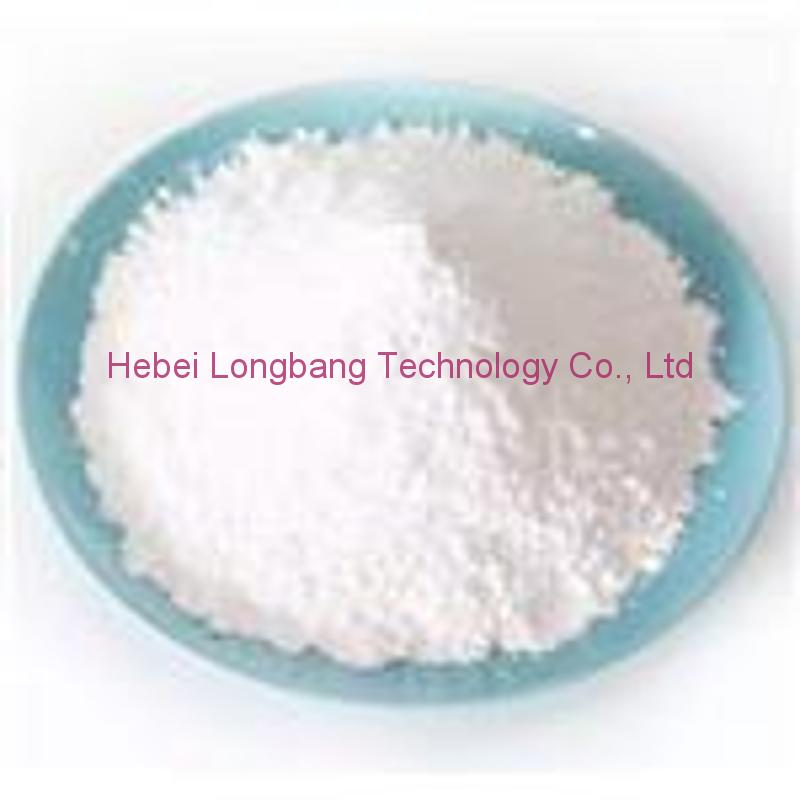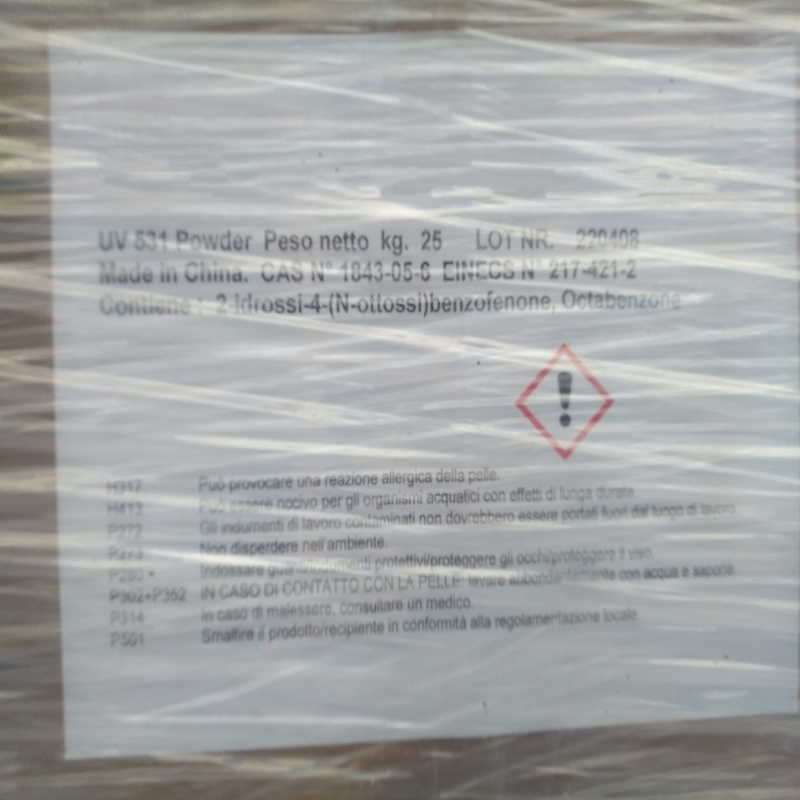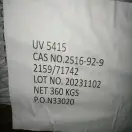-
Categories
-
Pharmaceutical Intermediates
-
Active Pharmaceutical Ingredients
-
Food Additives
- Industrial Coatings
- Agrochemicals
- Dyes and Pigments
- Surfactant
- Flavors and Fragrances
- Chemical Reagents
- Catalyst and Auxiliary
- Natural Products
- Inorganic Chemistry
-
Organic Chemistry
-
Biochemical Engineering
- Analytical Chemistry
-
Cosmetic Ingredient
- Water Treatment Chemical
-
Pharmaceutical Intermediates
Promotion
ECHEMI Mall
Wholesale
Weekly Price
Exhibition
News
-
Trade Service
Two U.
S.
tech companies, Google and Facebook, are deploying a new submarine cable system, Apricot, designed to connect Singapore, Japan, Guam, the Philippines, Taiwan and Indonesia
.
According to reports, the system is 12,000 kilometers long, with a design capacity of more than 190Tbps, and is expected to be put into use
in 2024.
Philippine telecommunications company PLDT is also a partner in the project, investing $80 million
in the system.
The construction of Apricot will further complement the Echo submarine network system, a high-speed interconnected system
connecting the United States, Guam, Singapore and Indonesia.
The Echo will connect from California (USA) to Singapore's North Changi and will have two branches, one to Agat and one to Piti Guam) and is scheduled to land at Tanjung
in Indonesia.
The Echo will provide 12Tbps of capacity per pair of fibers, of which the 16,206 km trunk line contains 12 pairs of fibers
.
The two 372 km branches to Guam (BU1 and BU2) will each have 12 pairs of fiber, while the 234 km branch (BU3) to Indonesia will include 4 pairs of fibers
.
The system is being developed in collaboration with XL Axiata and will be completed
in the third quarter of 2023.
Two U.
S.
tech companies, Google and Facebook, are deploying a new submarine cable system, Apricot, designed to connect Singapore, Japan, Guam, the Philippines, Taiwan and Indonesia
.
According to reports, the system is 12,000 kilometers long, with a design capacity of more than 190Tbps, and is expected to be put into use
in 2024.
Philippine telecommunications company PLDT is also a partner in the project, investing $80 million
in the system.
The construction of Apricot will further complement the Echo submarine network system, a high-speed interconnected system
connecting the United States, Guam, Singapore and Indonesia.
The Echo will connect from California (USA) to Singapore's North Changi and will have two branches, one to Agat and one to Piti Guam) and is scheduled to land at Tanjung
in Indonesia.
The Echo will provide 12Tbps of capacity per pair of fibers, of which the 16,206 km trunk line contains 12 pairs of fibers
.
The two 372 km branches to Guam (BU1 and BU2) will each have 12 pairs of fiber, while the 234 km branch (BU3) to Indonesia will include 4 pairs of fibers
.
The system is being developed in collaboration with XL Axiata and will be completed
in the third quarter of 2023.







